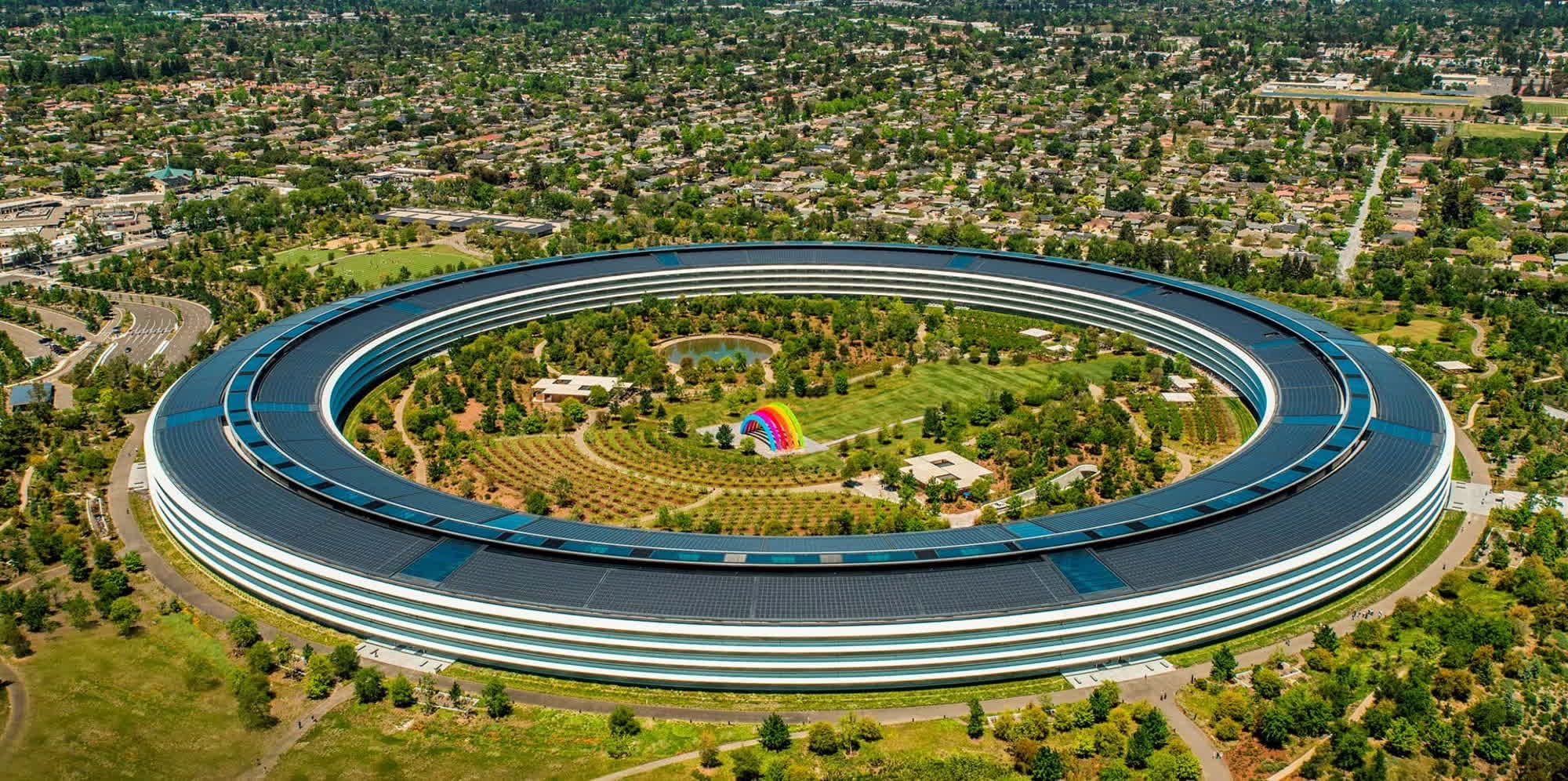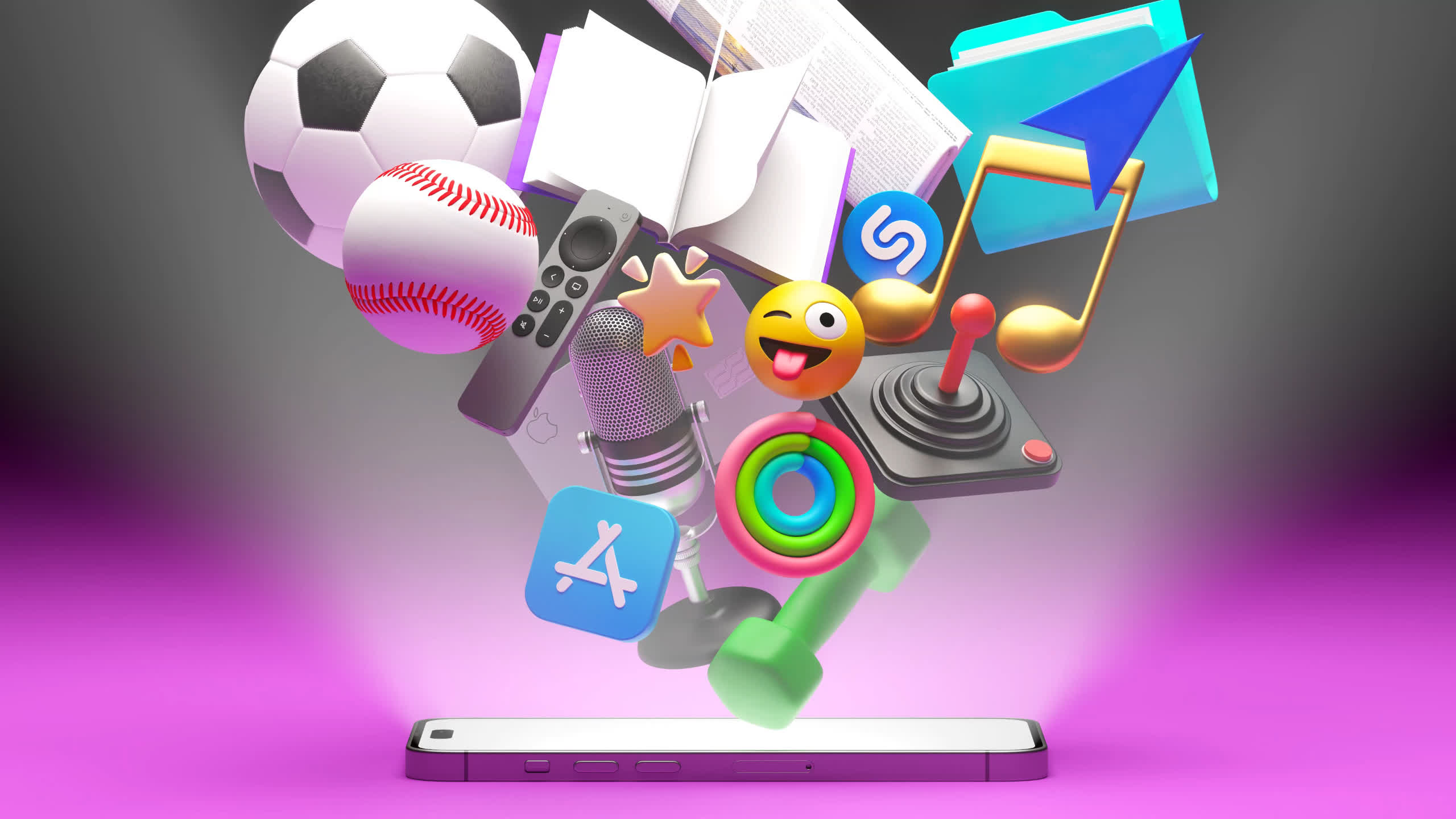Why it matters: Neil Long is now a journalist running a website focused on the mobile games industry. As a former editor for Apple's App Store games section, Long says Cupertino isn't much interested in games despite the enormous margins it collects from developers.
Long spent seven years as an App Store games editor, so he should know Apple's business prerogatives. He recently told The Guardian that games are anything but a priority for Apple. Despite being the company that sparked the mobile revolution, Long opined that Apple behaves like a parasitic landlord rather than a reliable platform holder.
Long said the mobile revolution started "so well" as the iPhone and iPad arrived on the market and transformed games as much as the rest of the tech world. Suddenly everyone had "powerful games machines in their pockets," Long recalled, and some "wonderful" developers exploited the new potential market launching their careers in the gaming business.
Thanks to the Apple Store, Zach Gage kickstarted his career with SpellTower, Adam Saltsman turned platforming into a post-apocalyptic dash with Canabalt, and Lucas Pope made puzzler Helsing's Fire before bringing the award-winning Papers, Please to the masses. The App Store was a boon for some mainstream blockbusters too. Angry Birds, Triple Town, and New Star Soccer are among the many "mainstream bangers" released on Apple's platform.

So what happened after Apple turned mobile gaming into a new money-making machine? "Nothing," Long said. The company seemed to create a new game ecosystem just "by accident" and has presided over it like a "contemptuous landlord" ever since. Apple takes its meaty 30-percent fee over almost every in-app purchase while doing "next to nothing" to earn all that money.
The free-to-play phenomenon has transformed the market, providing developers a new way to earn money from "whale" players and advertising instead of asking everyone for cash upfront. Meanwhile, Long stated that Apple's behavior and current privacy policies - like the "ask app not to track" pop-up - have actively harmed the mobile game business.
Apple's small App Review team has been overwhelmed from the start. The understaffed group is supposed to check whether a game - or an app, for that matter - should be approved for sale or rejected. However, the sad reality is that they cannot possibly handle the volume of content that comes through nowadays.
Long said Apple is still a contemptuous App Store landlord despite the marketplace being overrun by fake apps, unlicensed copycats, and rip-offs of copyrighted (and well-known) brands like Pokemon, Minecraft, and others. Apple could have invested a slight fraction of all the billions earned through mobile games to make the App Store an excellent place to find fun and exciting games.
However, not everything is lost. Government agencies have started to scrutinize mobile app stores, which could force Apple and Google to innovate or lose their monopolistic grip over the app business.
